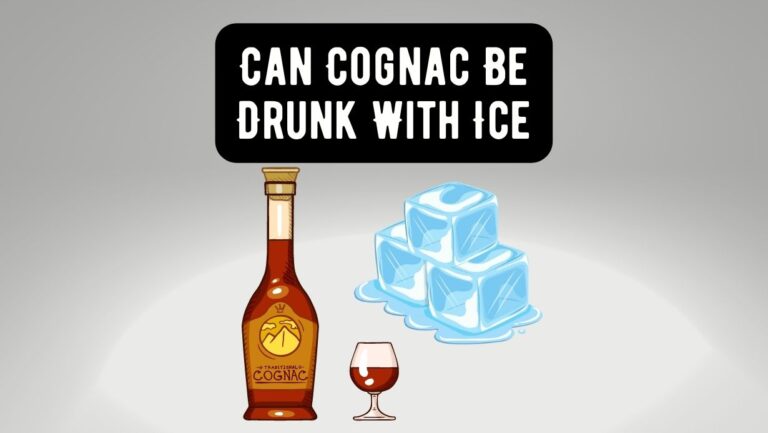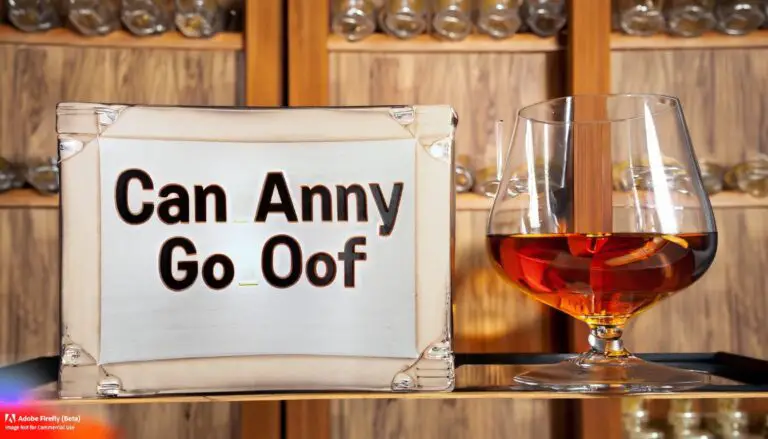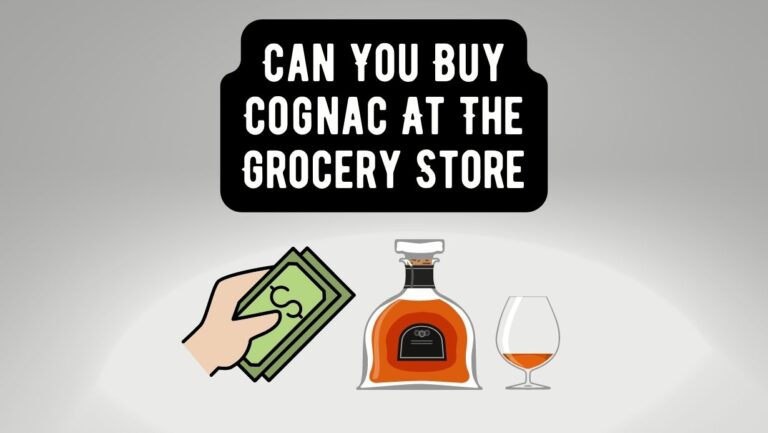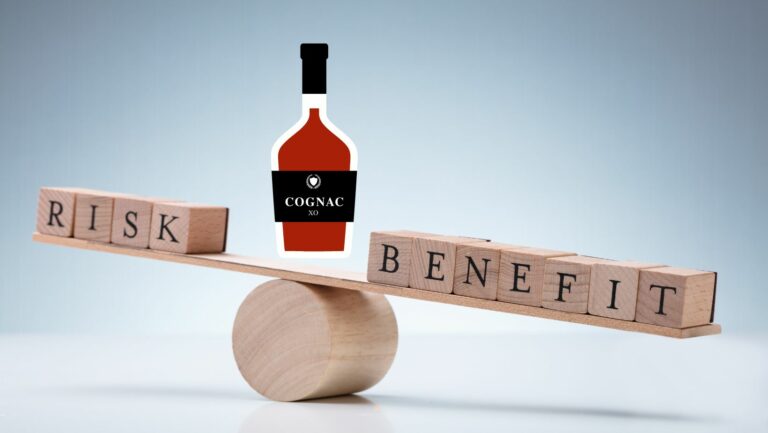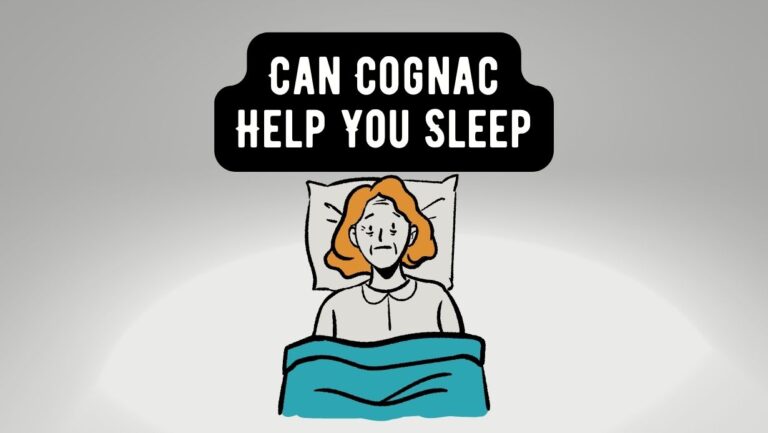
Alcohol can be extremely harmful to cats, and it’s crucial to prevent them from ingesting any amount of it. If your cat accidentally drinks alcohol, it can lead to serious health issues and even be life-threatening. Here’s what you need to know about alcohol and cats, and what to do if your cat consumes alcohol.
Wine, vodka, beer, cognac, and any other alcoholic beverages are not safe for cats to consume. These drinks contain ethanol, which is toxic to cats and can cause alcohol poisoning. Cats lack the enzymes to metabolize alcohol effectively, making even small amounts dangerous. Consumption of alcohol can lead to symptoms such as wobbling, vomiting, diarrhea, breathing difficulties, tremors, and even coma or death in severe cases.
Why Is Alcohol Bad For Cats?
Alcohol is toxic to cats, just as it is to humans. Even small amounts of alcohol can have severe consequences for cats. Some common symptoms of alcohol poisoning in cats include:
Alcohol ingestion in cats can lead to various symptoms, including:
- A sudden decrease in body temperature
- Muscle relaxation
- Drowsiness
- Wobbling and loss of coordination
- A sudden decrease in blood sugar levels
- Slowed heart rate
- Difficulty breathing
- Kidney and liver damage
- Metabolic acidosis, resulting in increased acidity in the blood
If your cat experiences alcohol poisoning, you may notice symptoms such as:
- Unsteady movement and lack of coordination
- Difficulty standing or walking
- Lethargy or excessive sleepiness
- Frequent Vomiting with variable textures
- Increased urination
- Slow and shallow breathing
- Other signs resembling intoxication
It’s crucial to prevent your cat from accessing alcoholic beverages and seek immediate veterinary care if you suspect they have ingested alcohol. Always prioritize your cat’s safety and well-being by keeping all toxic substances out of their reach.
What Should I Do If My Cat Drinks or Lick Alcohol?
If you suspect that your cat has ingested alcohol, it’s crucial to act quickly. Here are steps to take:
- Remove the Alcohol: If you catch your cat drinking alcohol, remove the source immediately to prevent further ingestion.
- Monitor Your Cat: Keep a close eye on your cat for any signs of alcohol poisoning, such as those mentioned above. If you notice any symptoms, immediately contact your veterinarian or an emergency animal hospital.
- Call for Help: If your cat shows signs of alcohol poisoning, call your veterinarian, an emergency animal hospital, or the ASPCA’s Animal Poison Control Center at 888-426-4435 for guidance.
- Follow Professional Advice: Follow the advice of the veterinary professional you speak with. They may recommend bringing your cat to a medical facility for treatment. In severe cases, your cat may require intravenous fluids to help flush the alcohol from their system and support their recovery.
Preventing Accidental Alcohol Ingestion:
To prevent your cat from accidentally drinking alcohol, follow these tips:
- Keep all alcoholic beverages securely stored in cabinets or refrigerators inaccessible to your cat.
- Never leave alcoholic drinks unattended, especially if your cat is nearby.
- Be cautious when hosting parties or gatherings where alcoholic beverages are served, as guests may leave drinks within reach of your cat.
- Educate family members and guests about the dangers of alcohol for cats and the importance of keeping drinks out of reach.
By taking these precautions and remaining vigilant, you can help ensure the safety and well-being of your cat and prevent the risk of alcohol poisoning.

